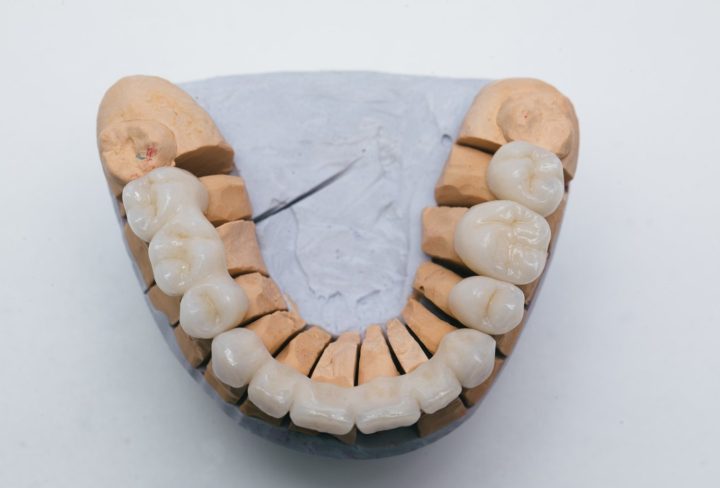Dental bridges are a type of dental restoration used to replace one or more missing teeth. They are typically made up of one or more artificial teeth, called Pontiacs, that are anchored in place by adjacent natural teeth or dental implants. Bridges can be made from a variety of materials, including porcelain, ceramic, and metal alloys.
Who Needs a Dental Bridge?
If you have one or more missing teeth, you may be a good candidate for a dental bridge. Missing teeth can have a negative impact on your oral health, causing problems such as gum disease, tooth decay, and even bone loss. Additionally, missing teeth can affect the appearance and function of your smile. Dental bridges can help to restore the appearance and function of your teeth, while also improving your overall oral health.
What are the Benefits of a Dental Bridge?
There are many benefits to getting a dental bridge, including:
- Improved appearance: Dental bridges can be designed to match the color and shape of your natural teeth, creating a seamless and natural-looking smile.
- Improved function: Bridges can help to restore the function of your teeth, allowing you to chew and speak more effectively.
- Improved oral health: Bridges can help to prevent problems such as gum disease, tooth decay, and bone loss by filling in the gaps left by missing teeth.
- Improved self-confidence: Having a complete and healthy smile can boost your self-esteem and improve your overall quality of life.
Types of Dental Bridges
There are several types of dental bridges, including:
- Traditional bridges: These are the most common type of dental bridge, consisting of one or more Pontiacs anchored in place by dental crowns on either side.
- Cantilever bridges: These bridges are used when there is only one adjacent tooth available to support the pontic.
- Maryland bridges: Also known as resin-bonded bridges, these bridges use metal or porcelain wings bonded to the back of adjacent teeth to hold the pontin in place.
- Implant-supported bridges: These bridges are supported by dental implants, rather than natural teeth.
What is the Process for Getting a Dental Bridge?
The process for getting a dental bridge typically involves several steps, including:
- Consultation: Your dentist will examine your teeth and gums to determine if you are a good candidate for a dental bridge.
- Tooth preparation: If you are getting a traditional bridge, the adjacent teeth will need to be prepared by removing a small amount of enamel.
- Impression: Your dentist will take an impression of your teeth to create a custom bridge that fits perfectly.
- Temporary bridge: While your permanent bridge is being created, you will be fitted with a temporary bridge to protect your teeth and gums.
- Fitting: Once your permanent bridge is ready, your dentist will fit it in place and make any necessary adjustments.
How Long Do Bridges Last?
The lifespan of a dental bridge largely depends on how well it is cared for. With proper care and maintenance, a dental bridge can last for 5 to 15 years or even longer. However, over time, the supporting teeth may weaken, the bridge may become loose or damaged, or the surrounding gum tissue may become infected. If any of these issues occur, it may be necessary to replace the bridge.
How do I care for my dental bridge?
- Brush your teeth twice a day.
- Floss your teeth daily.
- Use an antiseptic mouthwash.
- Avoid hard or sticky foods.
- Visit your dentist regularly for check-ups.
Are You a Good Candidate for a Dental Bridge?
If you have a missing tooth or teeth, you may be a good candidate for a dental bridge. However, not everyone is a suitable candidate. Factors that may affect your candidacy for a dental bridge include:
- The health of your remaining teeth and gums.
- The location and size of the gap that needs to be filled.
- Your overall dental health and history.
- Your willingness to commit to proper oral hygiene and care.
It is important to consult with your dentist to determine if a dental bridge is the right option for you. They will evaluate your individual needs and recommend the best treatment plan for your unique situation.
Conclusion
Dental bridges are an effective and popular option for restoring missing teeth. They offer numerous benefits, including improved oral health, functionality, and aesthetics. With the variety of types available, there is a dental bridge option that can meet the unique needs of almost any patient. If you are considering a dental bridge, it is important to consult with a dentist to determine the best option for your individual needs and to ensure proper care and maintenance to promote its longevity.

